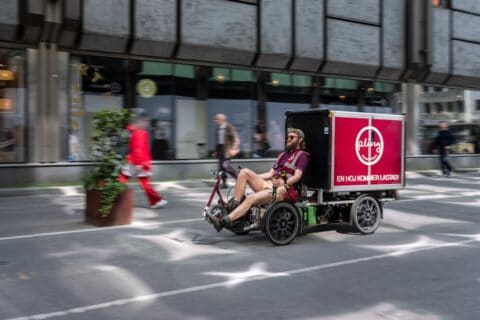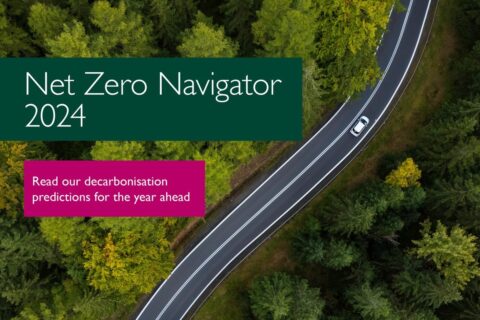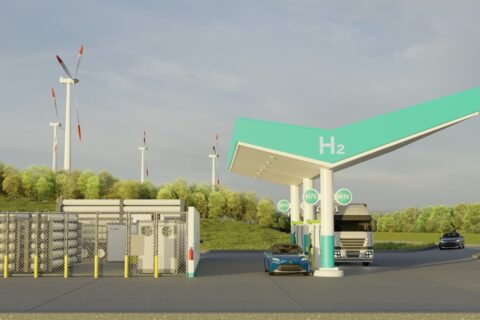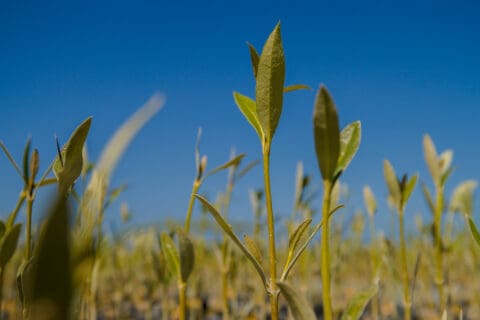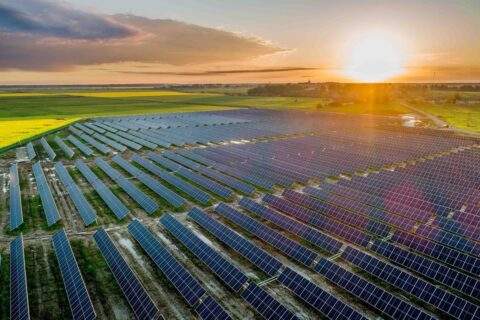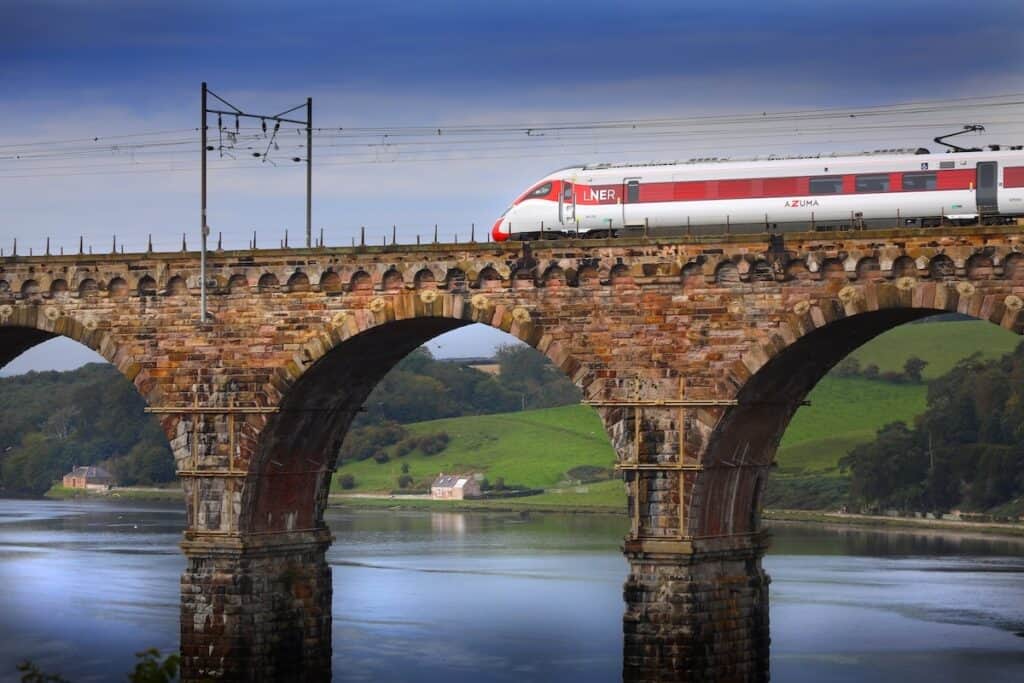
Following trial-phase success, a major player in the UK rail sector plans to scale up a pilot project exploring the feasibility of using microalgae bioreactors to capture carbon around train stations. The plant can be up to 400 times more efficient at capturing CO2 than trees, by area and density.
Publicly-owned UK train operator London North Eastern Railway (LNER) will step up its decarbonisation commitments, taking the project to the next phase with science and technology startup Algacraft.
Carbon capture proven in the UK climate
Adopting Algacraft’s novel method for capturing carbon, the purpose of the pilot was twofold: firstly, to prove that microalgae can be successfully grown outdoors in the UK climate without the need for temperature control; and, secondly, that the system was able to capture carbon on a small scale.
Both objectives were clearly demonstrated over the course of the five-month trial period.
The next phase of the project will take place at Berwick-upon-Tweed station, and will investigate:
- The feasibility of using disused land adjacent to the railway for the bioreactors;
- How to scale up the microalgae production to capture carbon more efficiently.
Each bioreactor occupies roughly the same amount of land as two parking spaces, which makes railway-adjacent space an ideal option for potential deployment in densely populated areas and near stations.
Part of a flagship accelerator programme
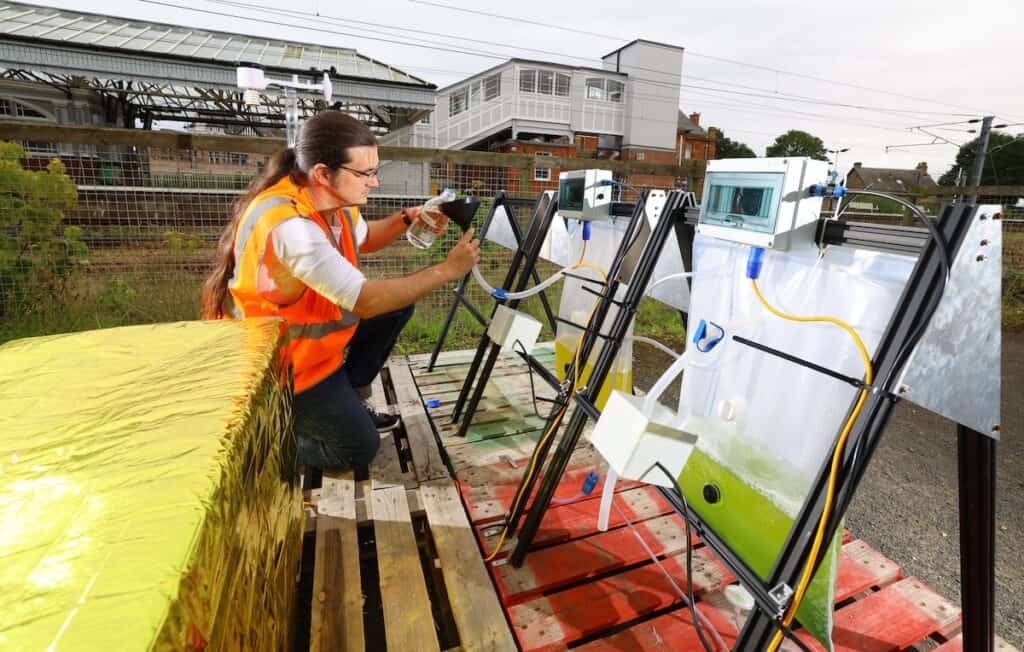
The Algacraft pilot was selected as part of LNER’s flagship accelerator programme, Future Labs. The programme is designed to bring new innovative concepts to the rail industry to address key challenges — one of which is centered around building a more sustainable railway.
The pilot project shows real promise, says Danny Gonzalez, Chief Digital and Innovation Officer, LNER:
“The LNER Future Labs programme has brought forward brilliant innovations and this project with Algacraft is no exception. We strongly believe that technology holds the key to discovering novel ways to reduce our impact on the planet. We look forward to developing our research further with Algacraft and sharing our learnings more widely.”
This research project marks a significant success in LNER’s long-term sustainability plan. Commitments include having at least two carbon neutral stations by 2025, and to be completely net zero by 2045.
In 2024, LNER will work with Algacraft to optimise the system and demonstrate that on-site microalgae production can capture more CO2 in a given area than any other plant-based solution on the market.
Publicly-owned operator on the East Coast
London North Eastern Railway (LNER) calls at more than 50 stations along almost a thousand miles on the East Coast route, including major towns and cities between London, the East Midlands, Yorkshire, the North East of England and Scotland. Its new modern Azuma fleet of diesel-electric hybrid trains continues more than a hundred years of rail transport tradition.
Publicly-owned, LNER is run by the UK Government Department for Transport (DfT). DfT took over the franchise after Virgin Trains East Coast handed it back to the government.
Further Reading:
- More about London North Eastern Railway (LNER); and its accelerator programme, Future Labs;
- More about science and technology startup Algacraft;
- Also on SustMeme, Pilot plant for sustainable protein from microbes;
- Also on SustMeme, Road to rail helps get decarbonisation of waste on track;
- Also on SustMeme, Is carbon capture part of the climate solution?
Check out full archive of stories on the SustMeme Transport & Mobility Channel, now available to sponsor.

